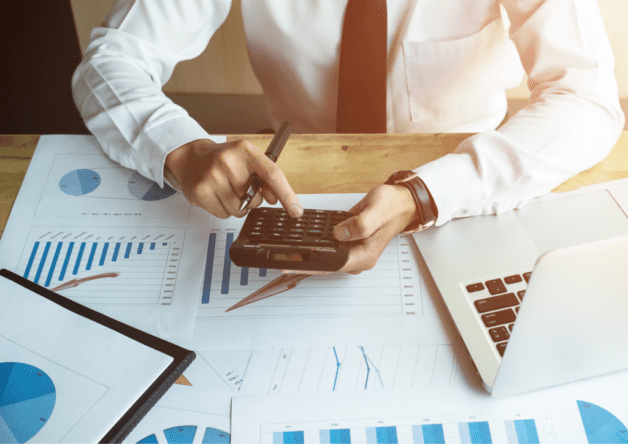
Reverse charge of VAT on imports
Did you know that the reverse charge of VAT on imports (VATI) will become compulsory and automatic on January 1, 2022 for all companies identified for VAT purposes in France? Find out what this means for your company, and how Fiscalead can help you implement it with its accounting and tax management services.
Import VAT reverse charge: definition
This system enables companies to collect and deduct VAT simultaneously on their monthly or quarterly returns, without any cash advance.
Your company does not have a French intra-Community number, is subject to the simplified taxation system (RSI) or to the basic VAT exemption system? Are you planning to import goods into France? We recommend that you get in touch with your tax authorities to review your situation and find out what you need to do to ensure that your operations are compliant.
VAT reverse charge for subcontracting in the construction industry
The subject of reverse-charge VAT is particularly important in the building and civil engineering (BTP) sector. Here, the reverse charge of value-added tax is applied when work on the site is carried out by a subcontractor on behalf of a principal subject to VAT.
In this particular context, VAT is not paid by the subcontractor, but by the customer, i.e. the end customer. It is therefore up to the customer to pay the VAT to the tax authorities.
If you are subcontracting in the construction sector, we recommend that you contact a tax representative such as Fiscalead to monitor all your VAT self-clearance actions. In fact, we offer a tailor-made service for the construction industry: accounting, invoicing, tax declarations, etc.
How the VAT reverse charge works
Does the VAT reverse charge system apply to your company’s operations? Here’s how it works:
- The company importing the goods is responsible for paying VAT directly, whereas prior to the introduction of this system, this responsibility fell to the customs authorities.
- The company records this tax in its VAT return, enabling it to reclaim the VAT amount through subsequent commercial transactions.
Fiscalead takes care of your VAT
Declare and reverse charge VAT
Would your company like to declare and reverse charge import VAT? Please note that this procedure only applies to companies subject to the normal real tax regime.
To ensure automatic VAT settlement, follow the steps below:
- Collect and deduct VATI by completing your monthly or quarterly sales declaration on form 3310-CA3 on the corresponding line.
- As the amount of taxable transactions is pre-filled in the declaration, you must check the information and correct it if necessary before any payment, to avoid management errors.
- You should also indicate on your return the taxable import VAT bases if you are under a suspensive tax regime, as well as the non-taxable bases and the related VAT amount.
The exceptions
However, some companies are not eligible for this simplified procedure. The automatic VAT reverse charge does not apply to :
- Companies without a French intracommunity number
- Companies subject to the simplified tax regime (RSI)
- Companies subject to the basic VAT exemption scheme
Import VAT reverse charge with Fiscalead
Since January 1, 2022, your company has been affected by the VAT reverse charge system? If you have any questions about your obligations (invoicing, declarations, tax payments), or if you would like the support of an experienced tax representative, we recommend that you contact our firm.
At Fiscalead, we’ve been helping companies with complex tax issues for over 15 years. Whether you’re an entrepreneur running a business in the construction industry or in any other sector, you can rely on our VATI expertise. In fact, we offer tailor-made support to each and every one of our customers, with services tailored to their needs.
Make an appointment with our experts to set up automatic VAT settlement